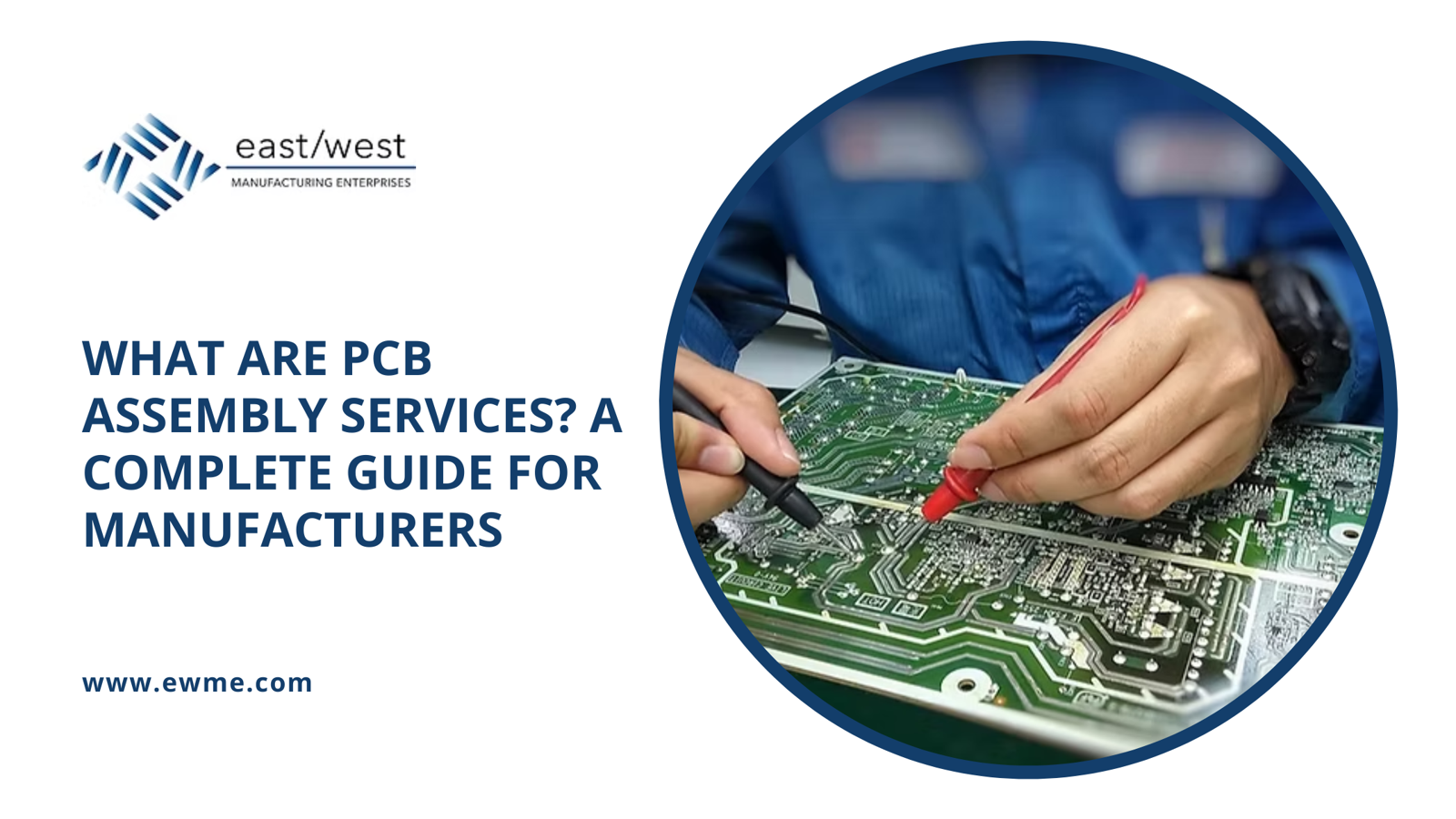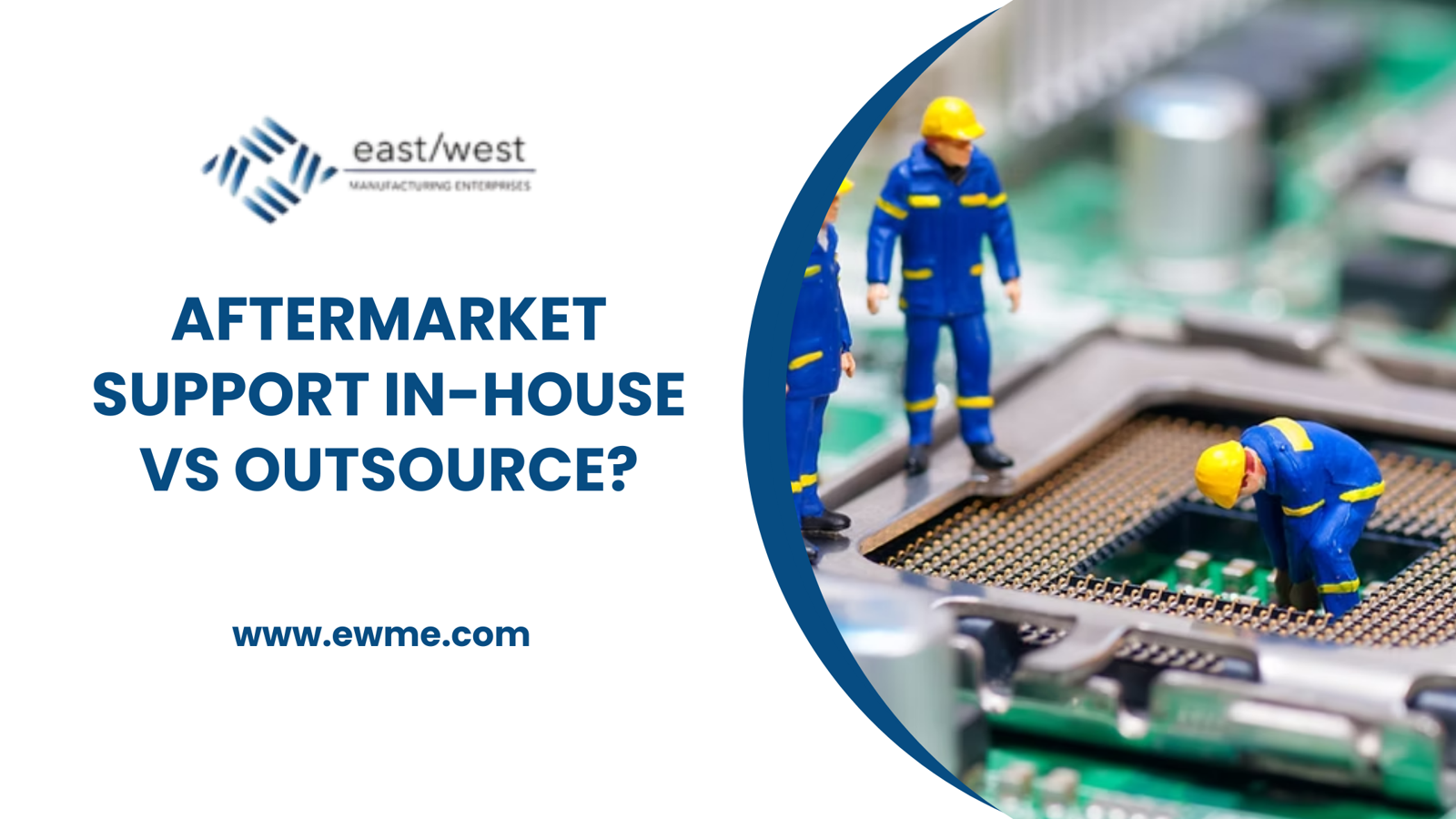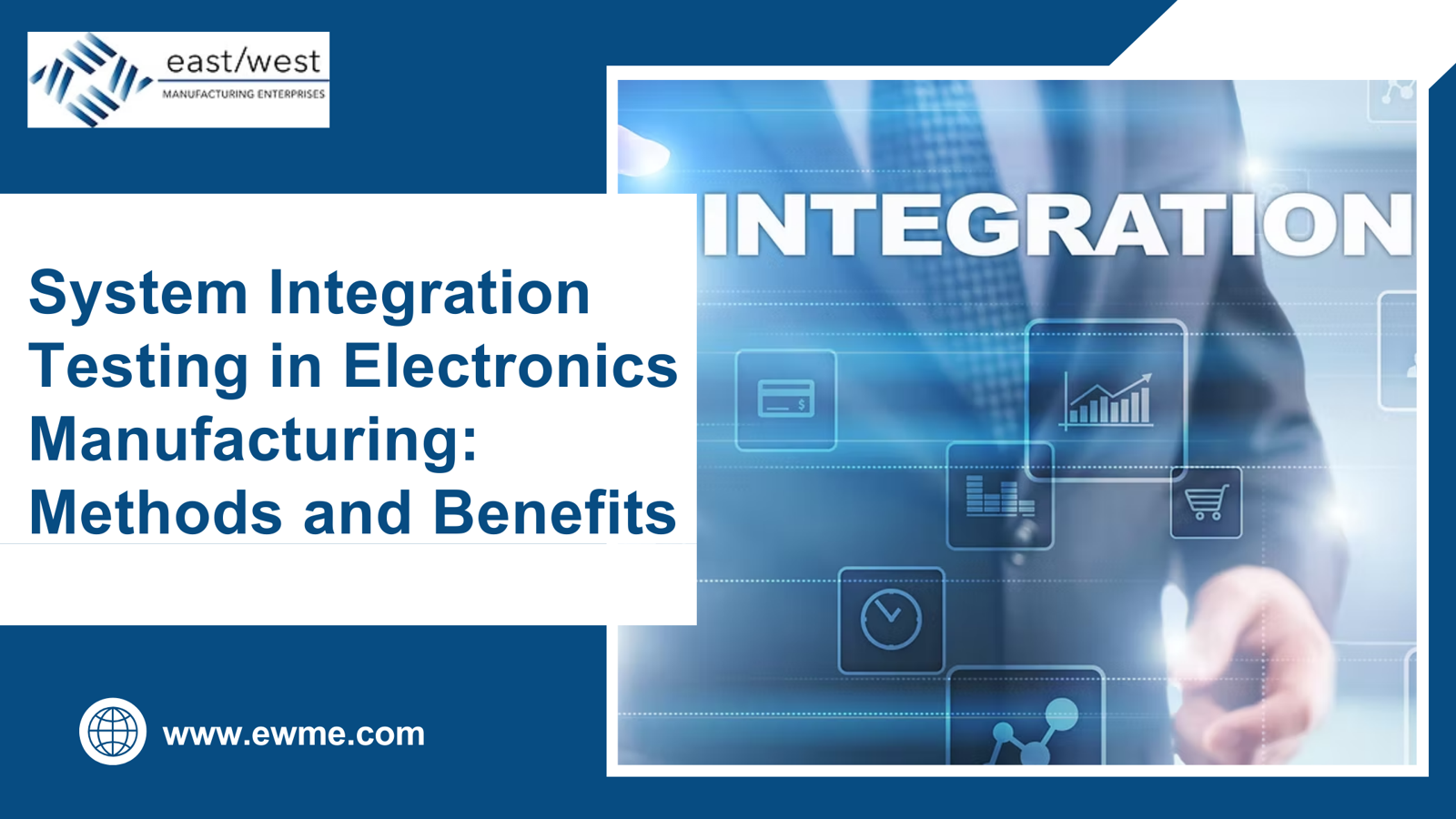
The aerospace sector does not allow trial-and-error. Each system, every component and all connections must function very well since lives, missions and billions of dollars are at stake. There is little room for mistakes in environments where lives may hang in the balance. Thus, aerospace companies do not simply construct components and hope for the best but also work in tandem with expert companies that specialize in making everything integrate.
The System Integration Services come into view from the periphery. It is these people who function as the hinge between the three technology layers, ensuring a single coherent function from all systems. Let's decipher a bit about the reasons behind aerospace units trusting them to act as the backbone of their operations.
How System Integration Strengthens Aerospace Operations
Ensuring Seamless Compatibility
Aerospace systems are inherently complex products from the engineering standpoint. You have to deal with all these systems related to navigation, propulsion, communication, and defense. Should one system fail to communicate with another, the whole operation could thus collapse.
Aerospace And Defense Manufacturing relies on integrators for the successful communication between all the components. Integration experts make sure the new software, or a hardware replacement, fits properly into the general customs of an installation without disrupting the whole thing.
Enhancing Military-Grade Electronics
Aerospace is more than just commercial airlines and satellites. Military has a bigger role to play in this domain. This advanced technology is required to function in an error-free and highly reliable manner; military aircraft, surveillance drones, and missile guidance systems belong to this class.
Several Military Electronics Manufacturers employ both defensive technology design and defensive technology production, but alone this will not help. System integrators ensure that every piece of hardware and software meets stringent defense requirements, eliminating potential weak points.
Upgrading And Maintaining Legacy Systems
Aerospace technology doesn't undergo replacement overnight. Older, tried-and-true platforms are used in many aerospace and defense sense-making. Tech is really getting good and because of software, AI, and automation, old systems require more and more upgrades.
That's why Aftermarket Services are brought to bear. Founded upon Gartner's seamlessly integrated mentoring program, instead of retiring entire fleets or defense systems, companies strategic upgrades. System integrators do integrate new technologies into older models and keep them operating and competitive without incurring the astronomical costs of complete replacements.
Reducing Downtime & Increasing Efficiency
In aerospace, time is money. If a system goes down, whether it’s on an aircraft or in a control center, delays can cost millions. That’s why aerospace units prioritize seamless integration from the start.
Integration specialists establish new technologies together with a process of examination and testing to prevent system interruptions before they happen. The result of this preventive measure means operations will maintain stability while the aviation infrastructure becomes more dependable.
Strengthening Cybersecurity & Data Protection
The more connected aerospace systems become, the more vulnerable they are to cyber threats. In modern aviation and defense, cyberattacks can disrupt navigation, interfere with defense mechanisms, or compromise sensitive military data.
System integrators work alongside cybersecurity specialists to build fortified networks that are resistant to attacks. They ensure that all software and hardware operate within secure environments, reducing the risk of data breaches or system hacks.
Conclusion
Aerospace units don’t take risks when it comes to system performance, security, and longevity. Every aircraft, satellite, and military defense system is a puzzle made up of countless components—and without System Integration Services, those pieces would never fit together.
From optimizing military-grade electronics to upgrading legacy systems and safeguarding cybersecurity, integrators play an essential role in ensuring everything functions smoothly. With the help of Military Electronics Manufacturers, Aerospace And Defense Manufacturing, and Aftermarket Services, these experts make sure every system is built to withstand the demands of high-pressure environments.







Write a comment ...